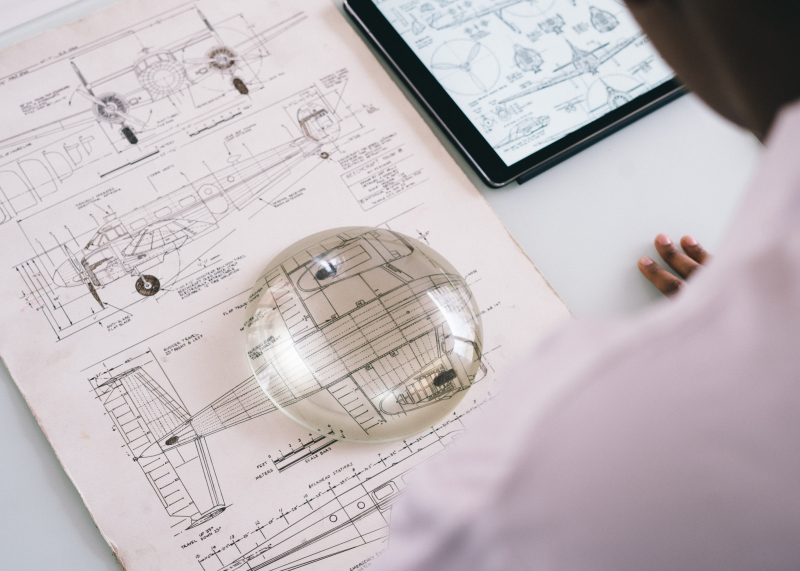Can you tell me about a time you worked on an engineering project that failed?
It is difficult to accept failure, but the interviewer recognizes that acknowledging errors and learning from them demonstrates an engineer who is open, honest, and has the capacity to develop. This question gives you the opportunity to demonstrate to the interviewer that you can deal with mistakes and handle them professionally. Your response should center on the lessons you learnt from the unsuccessful project and whether or not the project was ultimately successful.
Example answer:
Before they can build a complete and perfect design, mechanical engineers will need to spend a significant amount of time learning, attempting, and failing. I'm not an outlier. I helped develop a wheelchair for transferring patients that was simple for personnel to push and manage. The goal was to enhance the design of the old wheelchairs that were in use. We designed a wheelchair that was lighter and simpler to use, but we were not aware that the wheelchairs would be used to carry morbidly obese individuals. That meant using materials that could withstand more weight and pressure on the joints.
That was not considered in the prototype. This was identified during the testing phase, when the joints were stress-tested. We had to go back to the design and adjust our ideas, which added to the cost and time. We had made certain assumptions throughout the design process, and I would ask more questions the following time to guarantee the assumptions were correct. To offer the device greater flexibility, I would also explore expanding my design envelope on crucial features such as weight and pressure.












